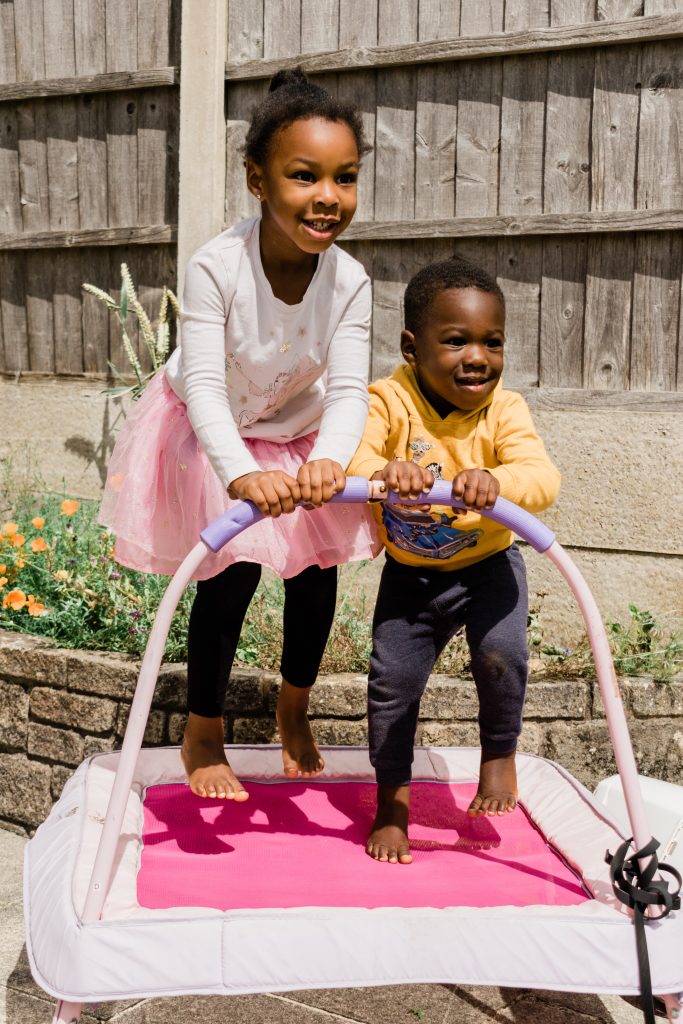According to many researchers, there are common traits between first, middle, and last-born children and your chronological status in the family can have a direct influence on your personality.
“Birth order accounts for the differences between kids within families,” says Michael Grose, a parenting expert, and author. “They may be the same gender, born two years apart, have the same educational experience yet they’re chalk and cheese”, he notes.

Ready, set, go!
What are the typical character traits?
Leading researchers and psychologists have noted that firstborns and single children tend to be high achievers and leaders. They may also be controlling, bossy, neurotic, and tend to follow the status quo of their parents’ world view. Winston Churchill, Shakespeare, Albert Einstein, Mussolini as well as more than half of Nobel Prize winners, were all either firstborns or only children.
The second or middle child, however, is more likely to be the peacemaker of the family and may possess excellent negotiating skills. They are often more socially adjusted, more relaxed, have more friends and seek friendships outside the family.
Finally, youngest children tend to be the charming rebels, the life of the party, fun-loving, creative, and attention-seekers. They tend to have more freedom and are subsequently more likely to try new things and do what they want to do. Younger siblings are less sure of their parents’ view and therefore more often choose alternative paths in life.
Of course children are individuals, each with different needs; some are high-strung, while others are easy-going and these different personalities may require different parenting approaches with each child. Furthermore, the birth order is influenced by the experience of the parent: for the firstborn child, many parents are thrown in at the deep end, learning on the job, with no experience. They may instinctively feel more protective of the child. Then with the second and subsequent ones, they may be more relaxed around parenting, all this unwittingly leading to some of the personality traits described by researchers.
What about for larger families?
But pretty much all research on the topic fo birth order focusses on families of two, maybe three, rarely four but definitely not more than five children. So, this theory is put in a spin when it comes to my family. I am proud number nine in a family of 10. With eight middle children, where do I start? I’ll concentrate only on the first and last-born children.
My mum once told me that when her firstborn child, our eldest sister started crawling, she buffered the entire floor with cushions so the baby wouldn’t hurt herself. By the time it trickled down to (middle) babies number three, five, seven, and so forth her instructions to the school and other caretakers was more along the lines of “unless there is blood, do not call me for a crying child”. In the meantime, baby number one had totally assumed motherly roles for her younger siblings and now is as bossy as they come.
Having had a baby almost every year, my mum thought she was done when she pushed out number nine (lucky me). And according to my older sisters, I was pampered, coddled, and spoilt rotten by my mum, who thought that I was going to be her last. I could do no wrong in her eyes and life was good.
Then four years later, baby number ten unexpectedly arrived on the scene and ruined my “last born” party. My little sister instantly adopted the personality traits of a last-born child too, because many fit her to a T.
When it comes to my children, I think the big age gap between them makes it hard to tell if these traits apply as they are like two only-children. Our oldest certainly demonstrates a lot of first child independence, and she is also very hands-on with her sister, assuming a leadership (but not bossy) role when helping her dress up or eat. We are yet to determine the young one’s personality but they may end up having similar personalities if parenting style has anything to do with it.

How seriously should we take all this?
But despite all the discussion and research, is there really enough concrete evidence to support all these theories above? Do they apply to everyone and everywhere? It’s been noted that at times, these investigations used questionable methods. And scientists who analyzed large, transnational data and compared different families with each other found that the effect of sibling succession on personality disappears almost completely.
At the end of the day, a persons personality depends on a huge range of factors, and we have a long way to go before figuring it all out.
“It is quite possible that the position in the sibling sequence shapes the personality – but not in every family in the same way,” says Frank Spinath, a psychologist at Saarland University in Germany. “In other words, there may be an influence but not a systematic one.”
Oh and by the way, I’m still our mum’s favorite… but that’s a secret.
Pearl Kasujja-Van de Velde is a dual Ugandan/Belgian national, a mother to two amazing girls, a wife, and a storyteller. To get in touch, visit her website at www.pearlkasujja.com.
KEEP READING: Pink for Boys, Blue for Girls: You Are (Not) What You Wear
Photos: Unsplash





